Spirulina (Spirulina platensis) are unicellular cyanobacteria, considered one of the greatest sources of proteins and other nutrients among plants. These algae are some of the most fascinating creations of nature. It is believed that life on Earth emerged from them 3.5 billion years ago. Algae are the basis of life for over 1 million biological species, among which are humans themselves.
Over 20% of the oxygen on the planet comes from algae and the food that all living things eat is more or less linked to them. For more than 1000 years, humans have used algae as a food source and as a treatment for various diseases.
About 6000 BC in the Far East, more specifically Japan, algae were used as a source of nutrition, containing the greatest quantity of nutrients in perfect balance.
Spirulina in the form of dried algae was familiar to the ancient Aztecs and Mayans, who used it to help rejuvenate and strengthen the body. They made spirulina cake, which was a traditional part of their diet. Today, spirulina continues to be part of the everyday food of the indigenous peoples of America and Africa but methods for growing it have been developed in a series of other countries.
Composition of Spirulina
The composition of spirulina contains over 100 nutrients, the most important being: all of the essential amino acids, about 60-70% proteins, phytonutrients, phycocyanin, over 17 different beta carotenoids, omega-3 and omega-6 fatty acids, strong probiotic compounds, polysaccharides, chlorophyll, gamma-linolenic acid and unique pigments.
Spirulina contains a bunch of vitamins in high quantities - A, E and group B vitamins (B1, B2, B6, B12). There is also no small number of minerals found in spirulina - magnesium, iron, calcium, iodine, phosphorus, selenium, zinc, manganese.
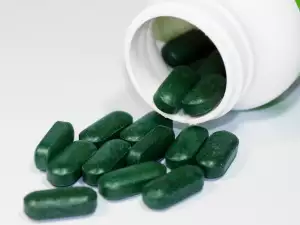
Many scientists claim that spirulina is one of the rich sources of antioxidants. Plus, these algae contain 25 times more provitamin A than raw carrots and 50 times more iron than organic spinach. Spirulina is 3 times more abundant in vitamin E than raw wheat germ, while the concentration of proteins in it exceeds the proteins in fish, chicken and red meat 3 times.
The natural sweet taste that spirulina has is due to the complex sugar rhamnose which is very easily redistributed. This is of exceptional importance for the insulin-producing parts of the pancreas. 1 g of dried spirulina algae has barely 4 calories and almost no cholesterol.
Taking Spirulina
Spirulina can be bought in powdered form, pill form and as food supplements. If you've decided to buy spirulina, it's best to look for certified organic spirulina in pill form or powdered, but that contain no binding agents. You can add it to various types of shakes but one of the best ways of taking it is 30 min. before meals, in pill form.
Benefits of Spirulina
During the fall-winter period, the human body has need of an extra push in order to deal with the annoying colds and flu, rampant throughout the winter months. Taking in nutritious food that's rich in vitamins and minerals is a must. Spirulina is an ideal alternative. It is a powerful alkalizing food, with proven prophylactic action against anemia, hypoglycemia, ulcers, hepatitis, cardiovascular diseases, chronic fatigue.
Spirulina is a highly valued supplement for athletes and people who would like to sculpt a beautiful body. Additionally, it is especially suitable for those who want to shed excess pounds.
The presence of gamma-linolenic acid lowers cholesterol and high blood pressure. It relieves symptoms of arthritis, PMS, and is also good against skin problems such as psoriasis and eczema.
The high content of easily absorbable and at the same time nontoxic iron in spirulina makes it exceptionally healthy for the blood. The supreme mineral abundance is of special import for maintaining strong bones, teeth and nails.
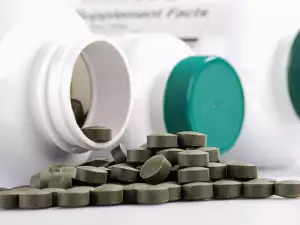
Spirulina slows the aging process by neutralizing free radicals. It has strongly expressed antibacterial, antiviral and antimutagenic qualities.
Spirulina is especially beneficial against diseases like anorexia. It's suitable for vegetarians and vegans because it has twice the amount of proteins found in soya.
The latest studies reveal that spirulina has a potential protective effect for the liver, while its preventative nature against allergic reactions is also the subject of study.
Extract from spirulina is used as a component in a wide range of cosmetic products that primarily stimulate and improve metabolism, blood supply and skin elasticity.
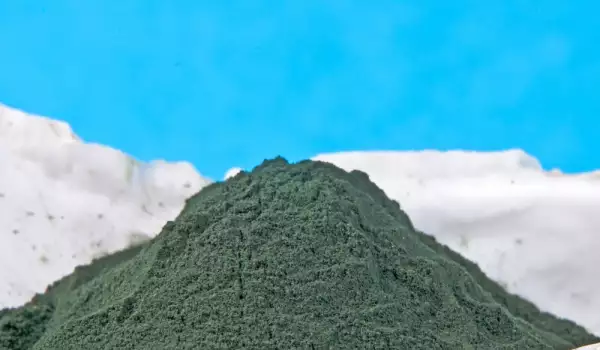

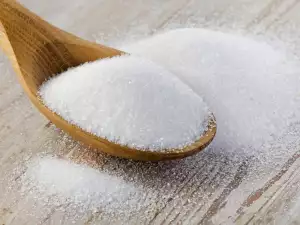
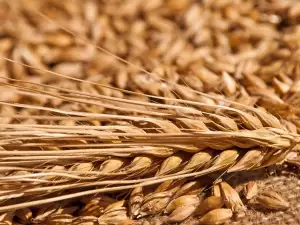

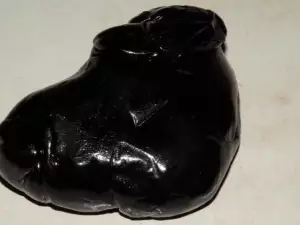
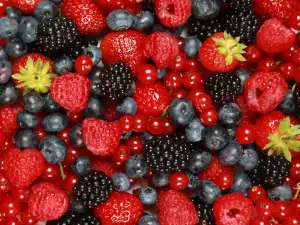
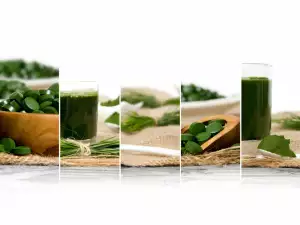
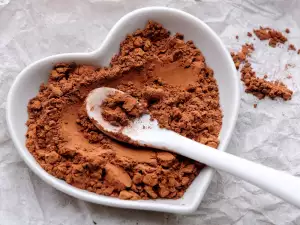
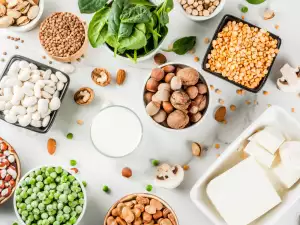
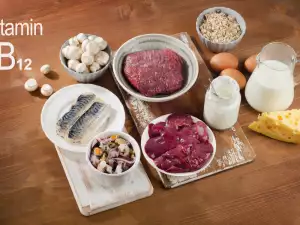
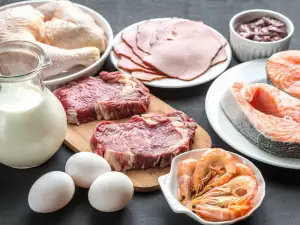
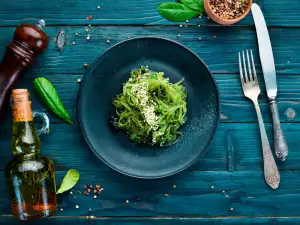


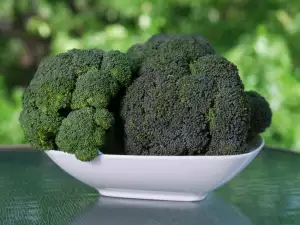
Comments